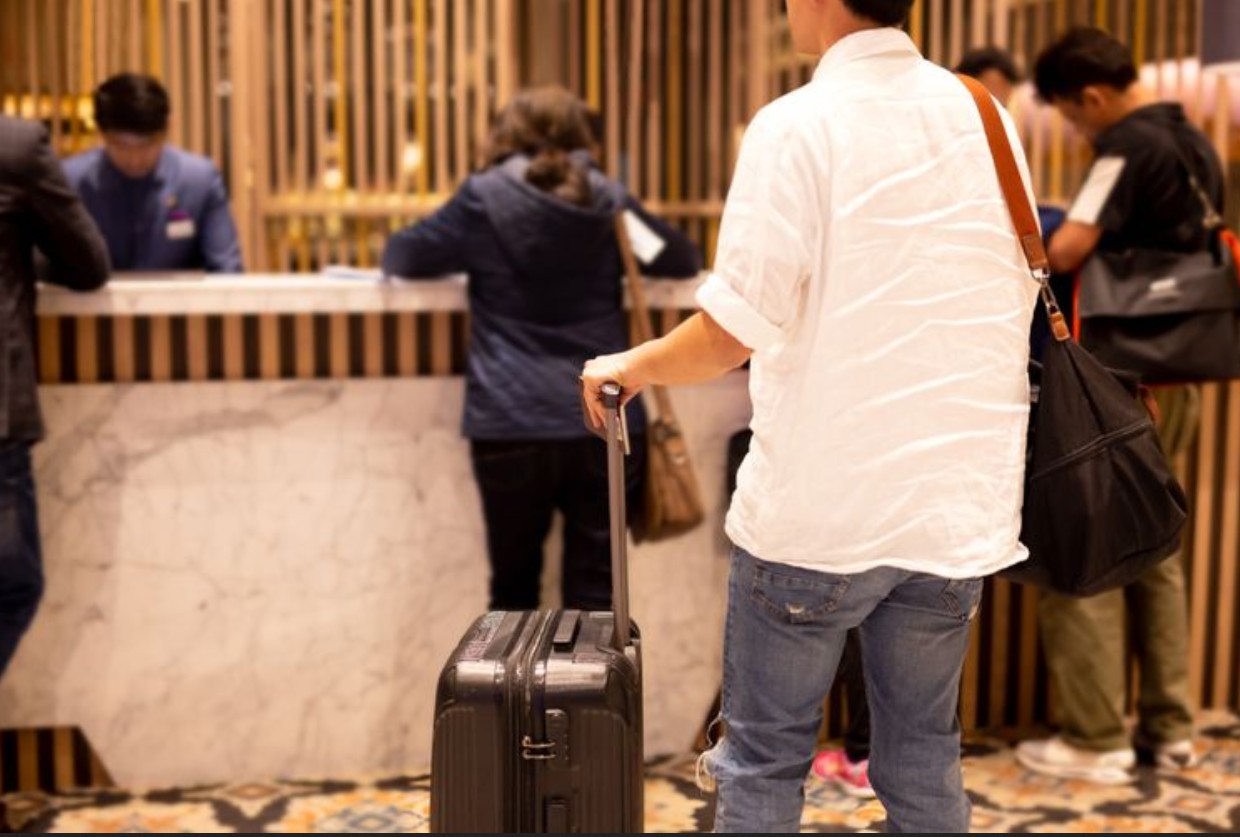Jakarta and Bali’s hospitality sectors experienced a drop in hotel occupancy in March 2025. In response, industry players raised the Average Daily Rate (ADR), a strategy that reflects the resilience of Indonesia’s tourism sector amid global economic pressures and uncertainty.
According to real estate consultancy Jones Lang LaSalle (JLL) Indonesia, hotel occupancy rates in Jakarta and Bali fell by 4.4 and 3.4 percentage points year-on-year, respectively. The decline occurred even during the typically high-demand Lebaran holiday period.
According to Tempo.co, “Sustained growth in the average daily rate (ADR) enabled hotels in Jakarta to offset the drop in occupancy as of year-to-date March 2025,” said Julien Nouri, Executive Vice President, Investment Sales, Hotels & Hospitality Group JLL Asia Pacific, during the Jakarta Property Market Overview 1Q 2025 presentation held in Jakarta on Wednesday, May 7, 2025.
Increase in International Tourists
In the first quarter of 2025, Soekarno-Hatta International Airport recorded 539,000 international tourist arrivals, a 6% increase compared to the same period last year.
Despite a temporary slowdown in March, the government remains committed to reaching its target of 16 million international visitors by year-end to sustain the tourism recovery momentum.
Julien also noted, “No new hotel supply entered the Jakarta market during the first quarter of 2025.”
However, two properties are expected to open by the end of the year—Hotel Okura Jakarta with 181 rooms and Hotel ParkRoyal Jakarta with 162 rooms. Two additional luxury hotels—Regent Jakarta (144 rooms) and Waldorf Astoria Jakarta (183 rooms)—are scheduled to open in 2027.
Meanwhile, Bali saw an 8% year-on-year increase in international tourist arrivals, totaling over 1.4 million in the first quarter of 2025. Despite this growth, hotel occupancy in the region still declined by 3.4 percentage points.
“Exchange rates have continued to support hotel performance in Bali since January, with average daily rates remaining high despite lower occupancy compared to last year,” Julien remarked.
During this period, only one new hotel was launched in Bali: Regent Bali Canggu, featuring 150 luxury rooms. By the end of 2025, an estimated 658 additional rooms are expected to enter the market, including Kimpton Naranta Bali in Nusa Dua, which will offer 50 rooms.
Positive Trend in Overall
Although Bali’s international travel recovery is progressing more gradually than during the initial post-pandemic rebound, the overall trend remains positive.
Nevertheless, the sector continues to face headwinds from global economic instability and geopolitical tensions, making the recovery of visitor numbers likely to occur gradually in the short to medium term.
On the investment front, hotel transaction activity in Indonesia remained low in early 2025. However, JLL projects an increase by the end of the year, with total transaction volume expected to reach approximately US$150 million.
According Fortune Indonesia, “This growth reflects increasing investor confidence in Indonesia’s evolving hospitality landscape and its future potential for expansion,” Julien concluded.
At the regional level, Thailand maintained its leading position among Southeast Asian countries in Q1 2025, bolstered by simplified visa procedures and more attractive investment returns relative to borrowing costs.
Sources: Tempo.co, Fortune Indonesia
Feat image : via Shutterstock

